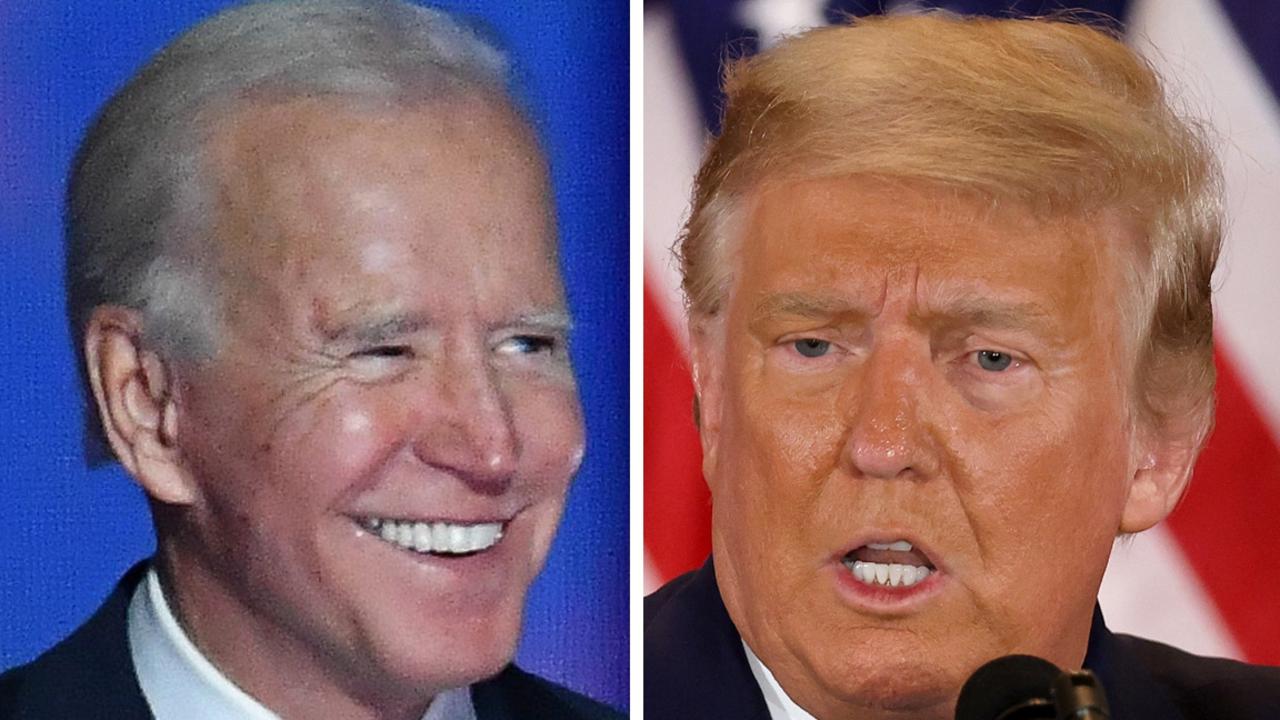Farmers harvest wheat in Druzhkavka, Ukraine, on August 7, 2022.
Anadolu Agency | Anadolu Agency | Getty Images
Global wheat prices rose sharply on Monday after Russia pulled out of the Black Sea grain export agreement last weekend.
The most active wheat contract on the Chicago Mercantile Exchange jumped 5.8% to $8.77 a bushel by about 6 a.m. ET after earlier hitting a high of $8.93 a bushel. Corn and soybeans also rose, but to a lesser extent, with corn futures up 2.6% and soybean futures up 0.7%.
The increase came after Russia announced on Saturday it was suspending its participation in the Black Sea Grain Initiative, which allowed vital agricultural products to be exported from several Ukrainian ports.
Russia announced it was withdrawing from the agreement indefinitely after accusing Ukraine of a “massive” drone attack on the Black Sea Fleet in Sevastopol, Crimea.
Ukraine has not said whether it is responsible for the attack and President Vladimir Zelensky called Russia’s withdrawal from the initiative “quite predictable.”
Meanwhile, the Ministry of Foreign Affairs of Ukraine said that Russia suspended its participation in the grain agreement on the “false basis of explosions 220 kilometers from the grain corridor” and thereby blocks “two million tons of grain on 176 vessels.” already at sea.”
Zelensky and Foreign Minister Dmitry Kuleba accused Russia of starting to sabotage the grain deal in September.
CNBC reached out to the Russian Foreign Ministry for comment. The Russian ambassador in Washington, Anatoly Antonov, responded to Washington’s accusations that Russia is exacerbating the global food problem. Antonov said this to the Russian media on Saturday that Kiev’s “reckless actions” forced Moscow to suspend the implementation of the grain deal.
This photo shows anti-tank obstacles in a wheat field at a farm in southern Ukraine’s Mykolaiv Oblast, June 11, 2022, during the Russian invasion of Ukraine.
Genya Savilov | AFP | Getty Images
Since the war began in February, Moscow has been accused of weaponizing key exports such as gas and wheat, both in an attempt to pressure the international community and to win sanctions relief. Moscow denies this and has accused Ukraine of extracting its waters, preventing the safe export of agricultural products such as wheat, corn and canola that many countries rely on.
Many of the grain ships that have left Ukraine in recent months as part of the grain deal were bound for both European and African ports.
The President of Ukraine said on Sunday evening that Moscow’s withdrawal from the grain initiative, which was due to be reviewed in November anyway, will worsen the global food crisis with African countries, and especially Ethiopia, at risk of severe hunger.
An aerial view of the Sierra Leone-flagged dry cargo ship Razoni, which departed from the port of Odessa on Monday and arrived at the Black Sea entrance to the Bosphorus in Istanbul, Turkey, on August 3, 2022.
Anadolu Agency | Anadolu Agency | Getty Images
Moscow’s move was “absolutely transparent Russia’s intention to return the threat of large-scale famine to Africa and Asia,” Zelensky said on Sunday, adding that “access to food has actually worsened for more than seven million consumers.”
“Food Must Flow”
The United Nations and Turkey, which helped Ukraine and Russia reach a grain deal back in July, tried to salvage the initiative on Sunday and said they had agreed a plan with Ukraine to help move 16 vessels (12 outbound and four inbound) , which are stuck in the established sea corridor.
The organization that supervises the export of grains, the Joint Coordination Center, added in the statement on Sunday that “in order to continue the implementation of the Initiative, it was proposed that the delegations of Turkey and the United Nations provide tomorrow [Monday] 10 inspection teams intend to inspect the 40 ships that are coming.”
The inspection plan was accepted by the delegation of Ukraine, and the delegation of the Russian Federation was informed, the report says.
Amir Abdullah, the UN coordinator for the Black Sea Grain Initiative, tweeted on Monday that “civilian cargo ships can never be military targets or hostages. Food must flow.”
Whether Russia can be persuaded to join the deal remains uncertain, although it has requested a meeting with the UN Security Council on Monday to discuss the issue. Meanwhile, France’s agriculture minister said France was working to allow Ukraine to export food supplies via land routes through Poland or Romania, rather than the Black Sea route currently in use.
Analysts agree that Russia’s withdrawal from the agreement does not bode well for global food prices or inflation expectations.
According to Bull Positions analyst Jesper Bull, the exit is “the latest development of unpleasant signals from Russia about the renewal of the agreement on the grain corridor”, which was supposed to take place on November 19.
Bull said in a note on Saturday that markets should expect increased uncertainty in Ukraine’s port operations, ship traffic and grain flows in the coming weeks and months. “This creates a serious risk of lowering the previous conclusion related to the limited potential of grain flow in Ukraine,” he said.
“This rumbling is likely to continue in the coming weeks, also under the influence of any significant changes on the battlefields, and will add uncertainty to the continuation of the current grain corridor agreement and the continuation of grain flows from Ukraine to the rest of the world.”
— CNBC’s Laurie Ann LaRocca contributed reporting to this story.
This article is first published on Source link


